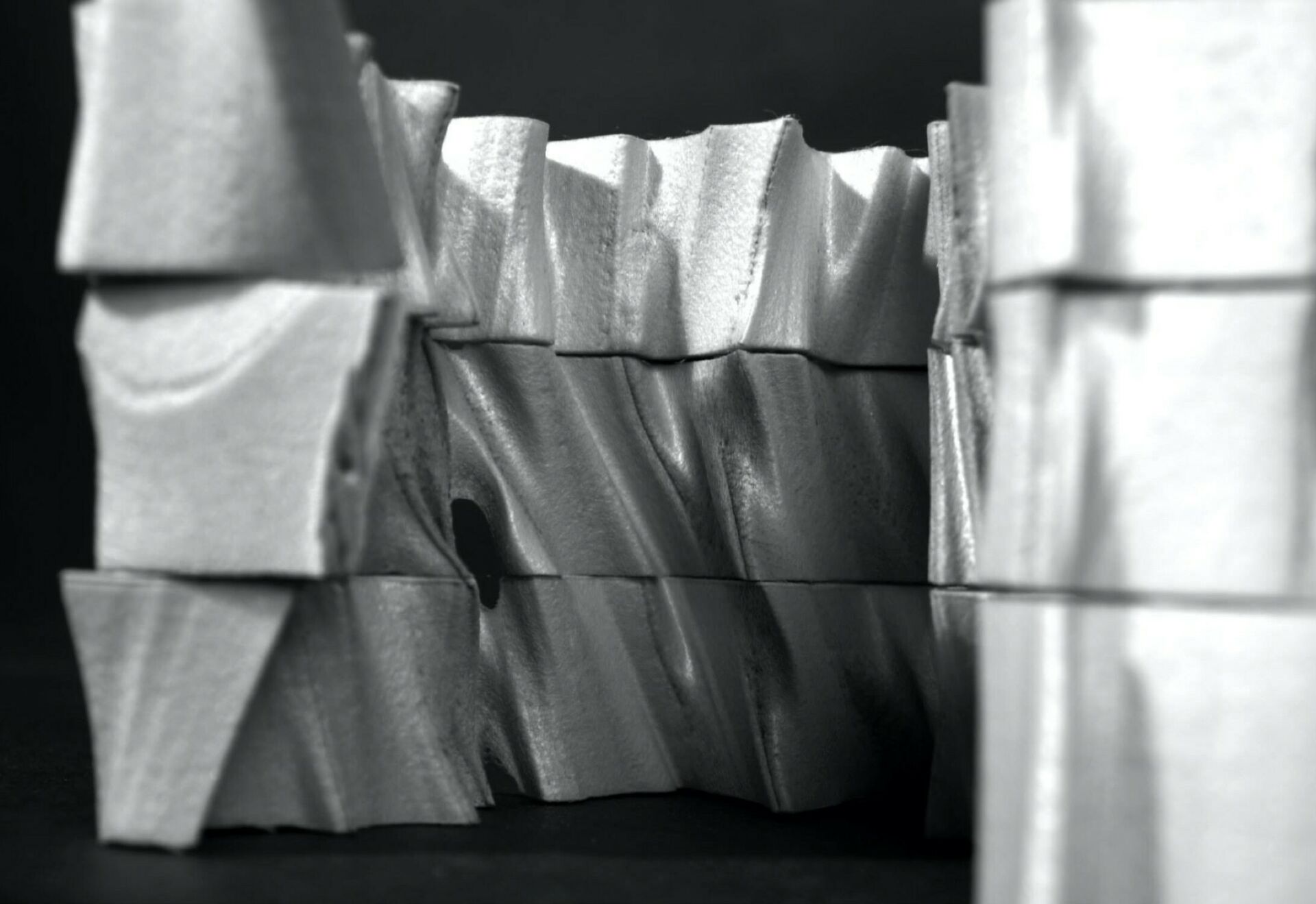
Architecture, M.S.
M.S. in Architecture (+Dual M.S. +IUG)
Advanced research into architectural topics. Build concentrated knowledge through rigorous inquiry.
The two-year M.S. in Architecture program is research-based, supporting a number of areas of research inquiry specially designed for students interested in strengthening the intellectual underpinnings of their work through intensive studio investigations, design applications, and rigorous theoretical inquiry.
Program Application Deadline
Annual application deadline is January 15.
To be assured full consideration, please review all details on program and admission requirements, and ensure that you apply by this deadline.
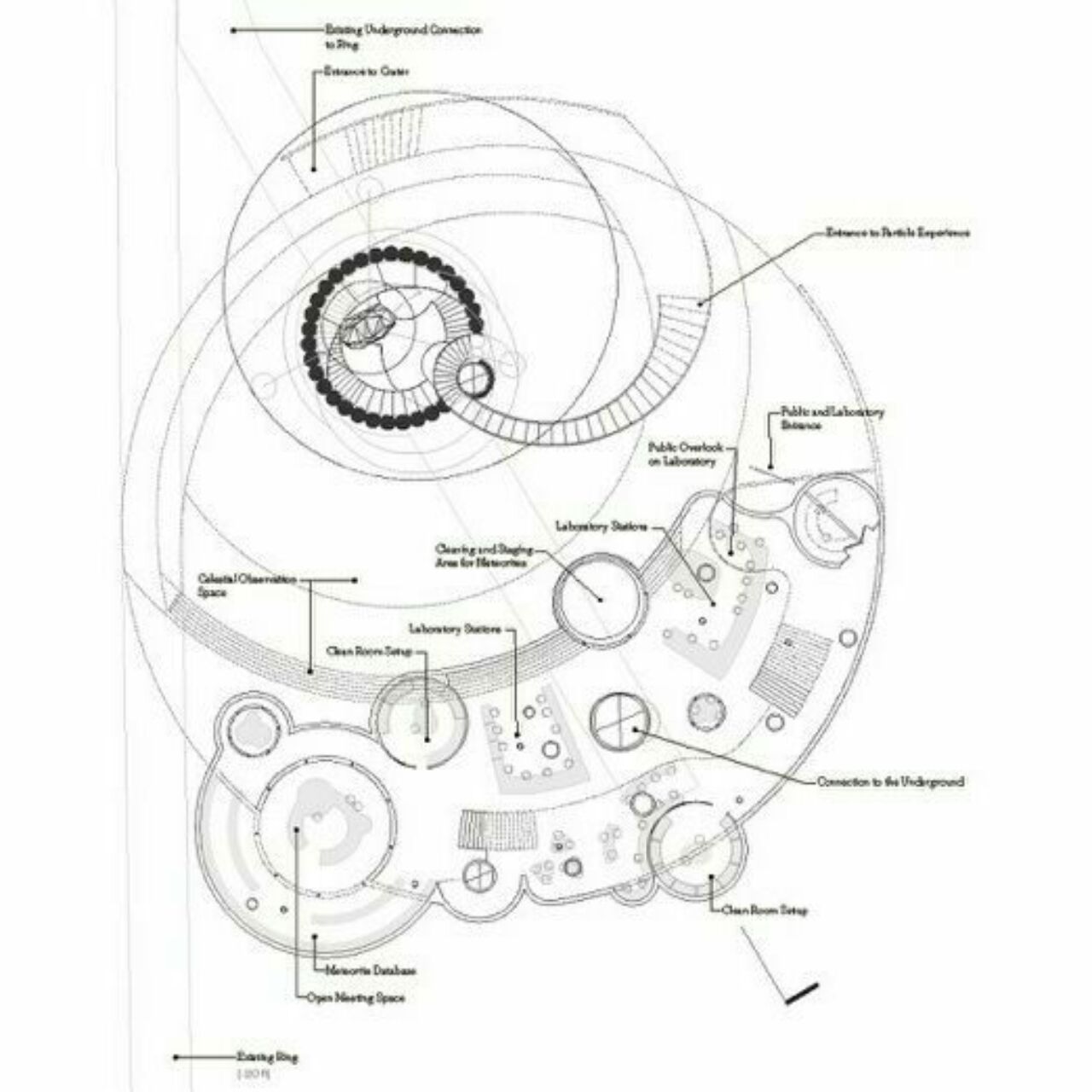
Earn a Master of Science in Architecture at Penn State
Penn State’s post-professional Master of Science in Architecture is an academic degree intended for students with professional degrees in architecture, and in exceptional cases, for students with nonprofessional architecture degrees who seek to develop a better understanding of architecture. It is expected that such students will have previously studied the technical and professional aspects of architectural practice.
M.S. in Architecture degree applicants should hold a five-year professional degree in architecture. Any exceptions must have the approval of the department head. International applicants with a five-year degree in architecture are considered equivalent to a graduate from a five-year NAAB-accredited program for admission purposes.
In exceptional cases, the M.S. in Architecture program may serve students with a four-year architecture degree or other degrees who seek to develop a better understanding of the principles and theory that underlie the profession of architecture. It is understood that such students are interested in the academic path and eventually intend to pursue the doctorate degree. These students would be required to take remedial undergraduate or graduate courses and may have to significantly extend the duration of their study.
All applicants must have received a baccalaureate degree with a minimum undergraduate grade-point average (GPA) of 3.0 on a 4.0 scale; a full description of the standards for baccalaureate degrees and the exceptions to the baccalaureate degree requirements for equivalent international degrees may be found at the Fox Graduate School’s Academic Eligibility Requirements.
Questions?
Contact the Program Administrator
Research Clusters
The M.S. program offers concentrated inquiry, research, study, and pedagogy in the following major areas of focus:
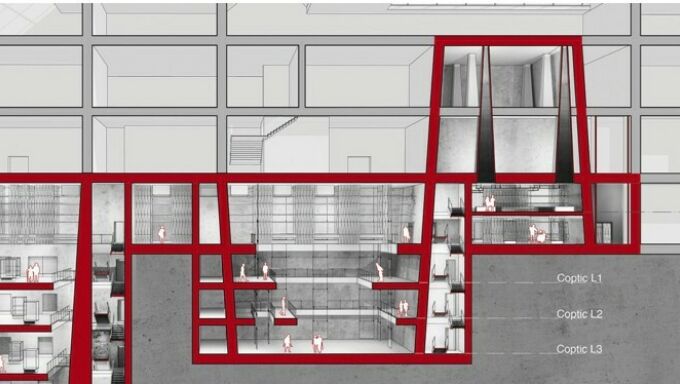
Culture, Society, Space (CSS) - Penn State Architecture
The Culture, Society, Space (CSS) research cluster examines how built spaces – from the artifact to the urban – affect those who interact with them and, conversely, how cultural, societal and disciplinary values shape the spaces we create.
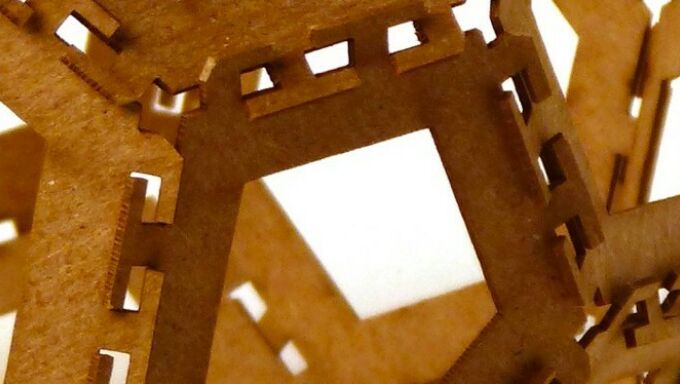
Design Computing (DC) - Penn State Architecture
The Design Computing (DC) research cluster offers students critical knowledge and advanced skills in the use of digital technologies in architecture and related design fields, especially in the areas of visualization, generative systems, and fabrication.
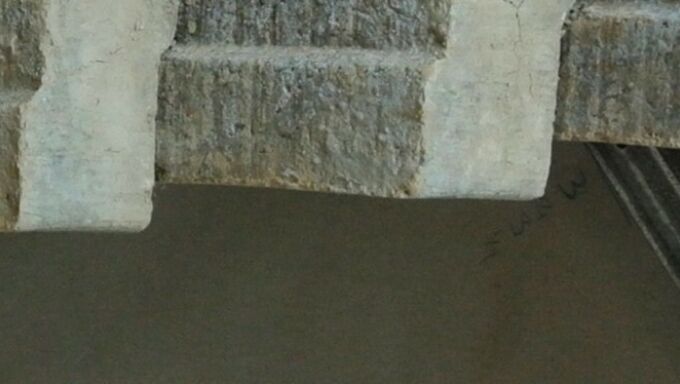
Material Matters (MM) - Penn State Architecture
The Material Matters (MM) research cluster provides students with opportunities to delve into the interaction of materials and processes.
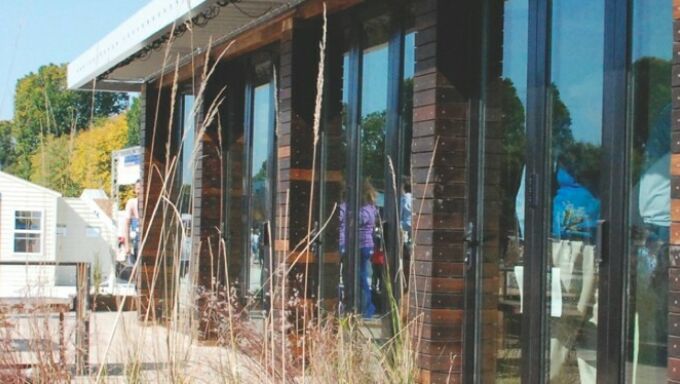
Sustainability (SUS) - Penn State Architecture
The Sustainability (SUS) research cluster investigates architecture’s potential to improve the quality of life for current and future societies around the globe, addressing issues of natural resource consumption, pollution prevention, and organizational dependencies.
Degree Options
The M.S. in Architecture degree can be layered into an Integrated Undergraduate/Graduate course of study, or as a dual-title M.S. in Architecture and Transdisciplinary Research on Environment and Society degree.
Integrated B.Arch. + M.S.
The Department of Architecture offers a number of academically outstanding students enrolled in the fourth year of the Bachelor of Architecture degree program the opportunity to enroll in an integrated B.Arch.-M.S. in Architecture program. The program permits the student to integrate the fifth year of study for the professional B.Arch. degree with the program of study for the M.S. in Architecture degree into a continuous program culminating in the award of both degrees. The ability to coordinate as well as concurrently pursue the two degrees enables the student to achieve greater depth and comprehensiveness than if the degrees are pursued sequentially, and to earn the two degrees in a shorter period of time.
Requirements
Applicants to the integrated program must be enrolled in the fourth year of the B.Arch. program at Penn State. Admission is competitive, and applicants must meet the requirements as outlined in the Graduate Degree Bulletin. However, please note that GRE scores are not required from existing Penn State students.
The best-qualified students will be accepted up to the number of spaces available for new students. Acceptance to the program prior to the completion of all required course work is provisional, contingent upon meeting the above requirements.
Dual-Title M.S. + TREES
The Department of Architecture and the College of Health and Human Development offer a dual-title graduate degree program in Architecture and Transdisciplinary Research on Environment and Society (TREES), both at the M.S. and Ph.D. levels. The TREES program is a transdisciplinary, intercollege program at the intersection of natural resources and societal challenges, which exposes students to issues including, but not limited to global climate change; sustainable energy, food, and fiber supplies; threats to biodiversity; water pollution and availability; genetic modification; and sustainable design.
The purpose of this dual-title degree is to provide architecture graduate students with the skills and knowledge necessary to conduct architecture research in relationship to socio-environmental challenges that revolve around managing ecosystems and natural resources in ways that continue to promote human well-being.
Once admitted in the M.S. in Architecture degree program, a student can apply for admission to TREES. The TREES program administrators will then review applications and recommend students for admission to the dual-title degree program to the Fox Graduate School. Admission requirements can be found here.
While there are no restrictions on when an M.S. student can be admitted to TREES, it will be necessary to pursue TREES coursework immediately to complete all degree requirements within a reasonable timeframe.
To complete the dual-title degree, students must satisfy the minimum requirements of the M.S. in Architecture degree program and, in addition, the minimum requirements of the dual-title intercollege degree program.
More information
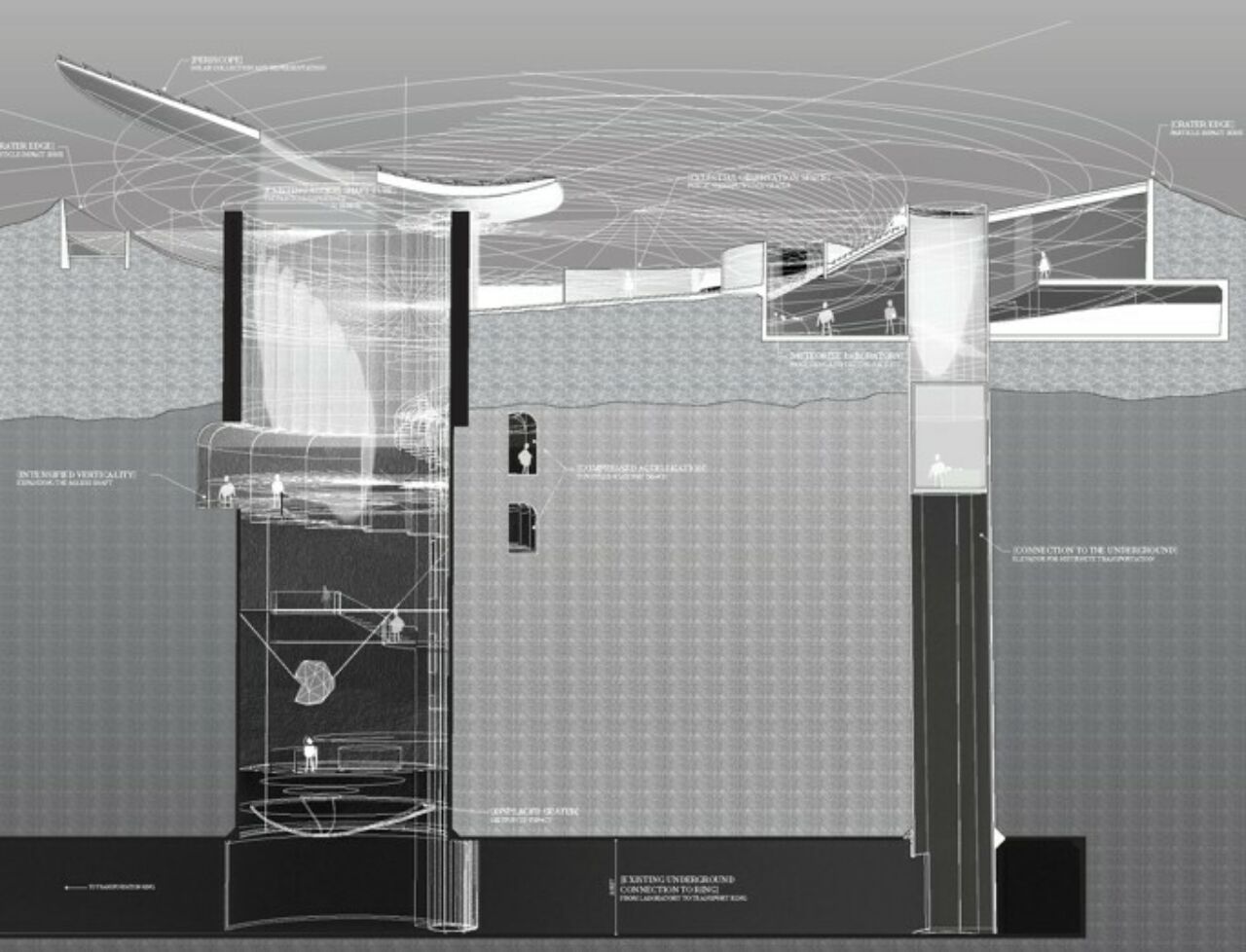
M.S. Students
Students currently enrolled in the M.S. in Architecture program.
Guides and Resources
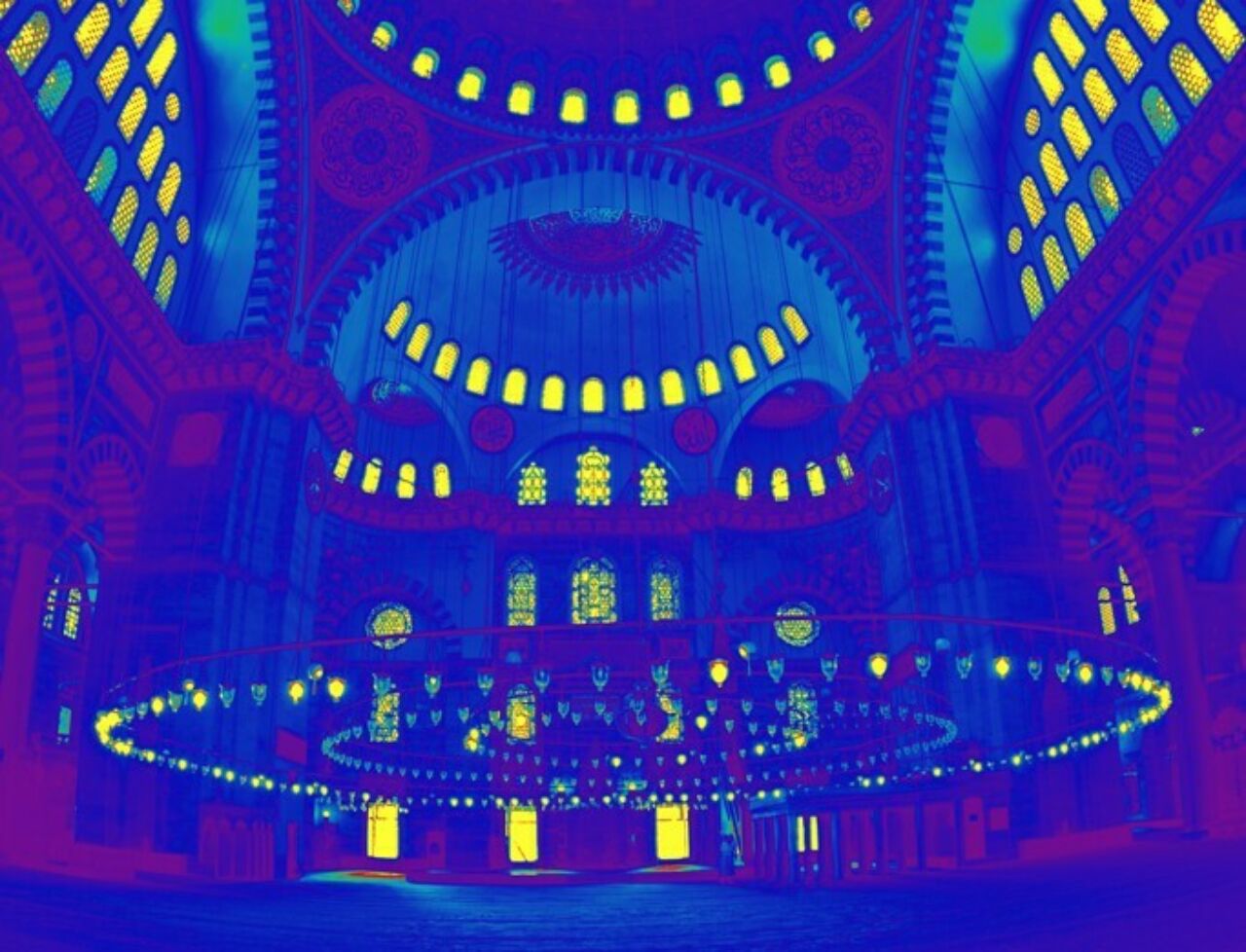
M.S. in Arch Student Awards
2025
- Kieron Cook: Distinguished Master’s Thesis Award
2024
- Chowdhury Imam: Distinguished Master’s Thesis Award
- Arjun Kizhakkemarakkattil Janardhanan: Distinguished Master’s Thesis Award
2023
- Sam Moradzadeh: Distinguished Master’s Thesis Award
2022
- Tasneem Tariq: Penn State Graduate Exhibition, Third Place
- Natalie Walter: 2022 ARCC King Medal
2021
- Tazrin Islam: Distinguished Master’s Thesis Award
- Tiffanie Leung: Engineering for Change Research Fellow, American Society of Mechanical Engineers
2020
- Stella Murray: Jonathan Speirs Scholarship
- Stella Murray: Distinguished Master’s Thesis Award
2019
- Umme Hani: Distinguished Master’s Thesis Award
2018
- Elena Vazquez: Distinguished Master’s Thesis Award
- Manal Anis: Penn State Graduate Exhibition, Third Place
2017
- Angelica Rocio Rodriguez Ramirez: Penn State Graduate Exhibition, First Place
2016
- Cansu Tari: Penn State Graduate Exhibition, First Place
- Dhaval Chheda: Penn State Graduate Exhibition, Second Place
- Shivaram Punathambekar: Penn State Graduate Exhibition, Third Place
2015
- Farah Abdel Galil: Penn State Graduate Exhibition, Second Place